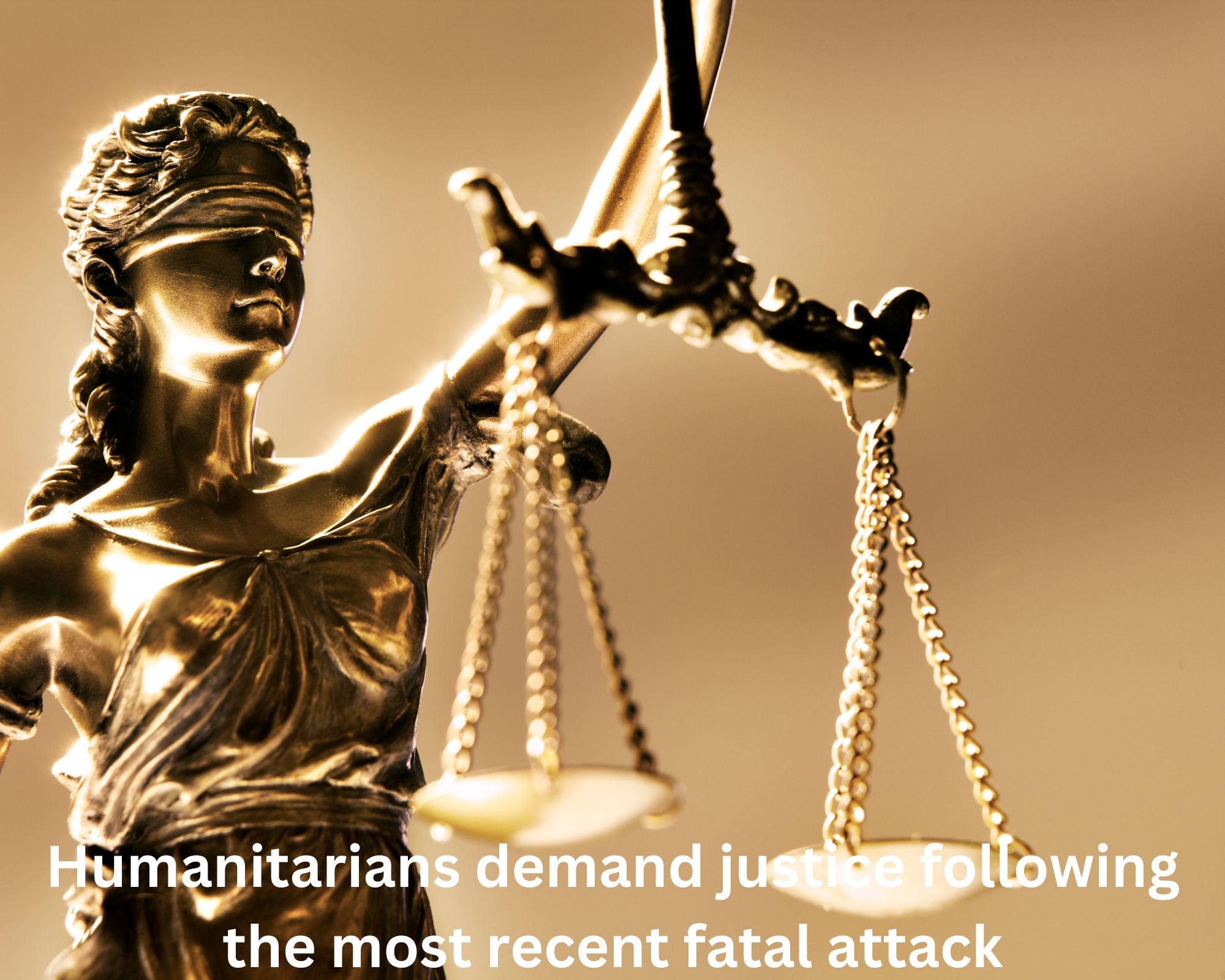Summary:
-
A convoy of more than 100 vehicles carrying food and other aid was ambushed on Friday in Jonglei state, prompting the plea.
-
One of the two hired drivers who was shot died, while another died in a subsequent car accident.
-
For the second time in as many weeks, the World Food Programme (WFP) has had to temporarily halt convoy movements out of Bor, Jonglei state, as a result of the attack.
-
“Hazardous work According to OCHA, South Sudan is one of the most hazardous locations in the world for aid workers.
-
The continuing violent attacks, according to Mr Malo, “inadvertently undermine the strenuous efforts of humanitarians who continue to work diligently to deliver the much-needed crucial support.
A convoy of more than 100 vehicles carrying food and other aid was ambushed on Friday in Jonglei state, prompting the plea.
One of the two hired drivers who was shot died, while another died in a subsequent car accident. A wounded humanitarian worker is currently receiving medical attention.
Increased occurrences
On Monday, the UN humanitarian affairs office (OCHA) reported that the attack was the most recent in a string of worsening events that have targeted relief workers and convoys in the nation.
More than 20 violent events were reported, more than twice as many as in January 2022.
“The humanitarian community is shocked by the ongoing attacks on humanitarians and their assets; these recurrent acts of violence hinder the delivery of life-saving assistance and must stop,” said Meshack Malo, the acting UN humanitarian coordinator for South Sudan.
Convoys were momentarily stopped.
For the second time in as many weeks, the World Food Programme (WFP) has had to temporarily halt convoy movements out of Bor, Jonglei state, as a result of the attack.
The UN organization is reevaluating mitigating strategies.
More than one million people in Jonglei and Pibor depend on the humanitarian food assistance that we transport along this route, according to Mary-Ellen McGroarty, WFP Country Director in South Sudan. “This corridor is critical for our food prepositioning ahead of the rainy season when roads are inaccessible,” she said.
She emphasized how crucial it is to ensure the safety and security of employees and contractors. She said that in the event of an assault, “women, men, and children in desperate need of assistance suffer most.”
Hazardous work
According to OCHA, South Sudan is one of the most hazardous locations in the world for aid workers. Last year, there were approximately 420 reported incidences, and nine relief workers were slain. Three humanitarian workers died on ionduty before this most recent incident.
9.4 million people are anticipated to require assistance or protection this year.
Demanding justice
According to OCHA, endemic violence, access restrictions, issues with public health, and climate shocks like flooding and localized drought, all exacerbate the humanitarian situation.
The continuing violent attacks, according to Mr Malo, “inadvertently undermine the hard efforts of humanitarians who continue to work diligently to deliver the much-needed crucial support.”
“We call on the authorities to take immediate measures to enhance security, to safeguard civilians, aid workers, and supplies, and to prosecute offenders.”

